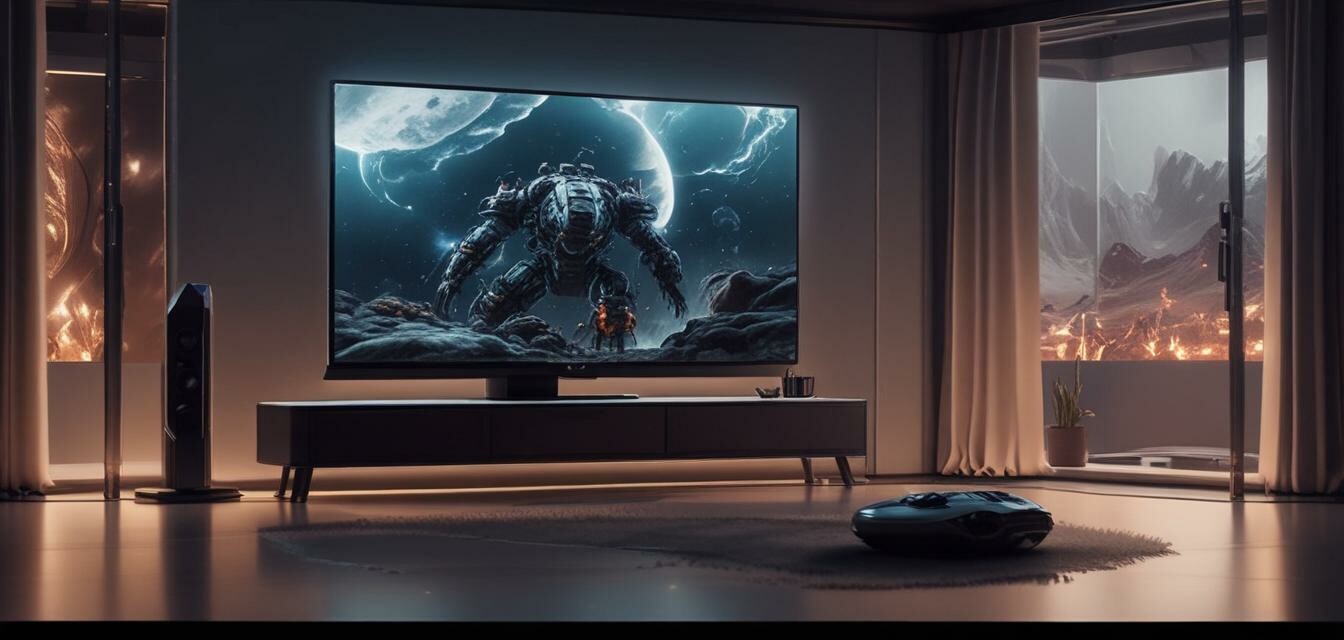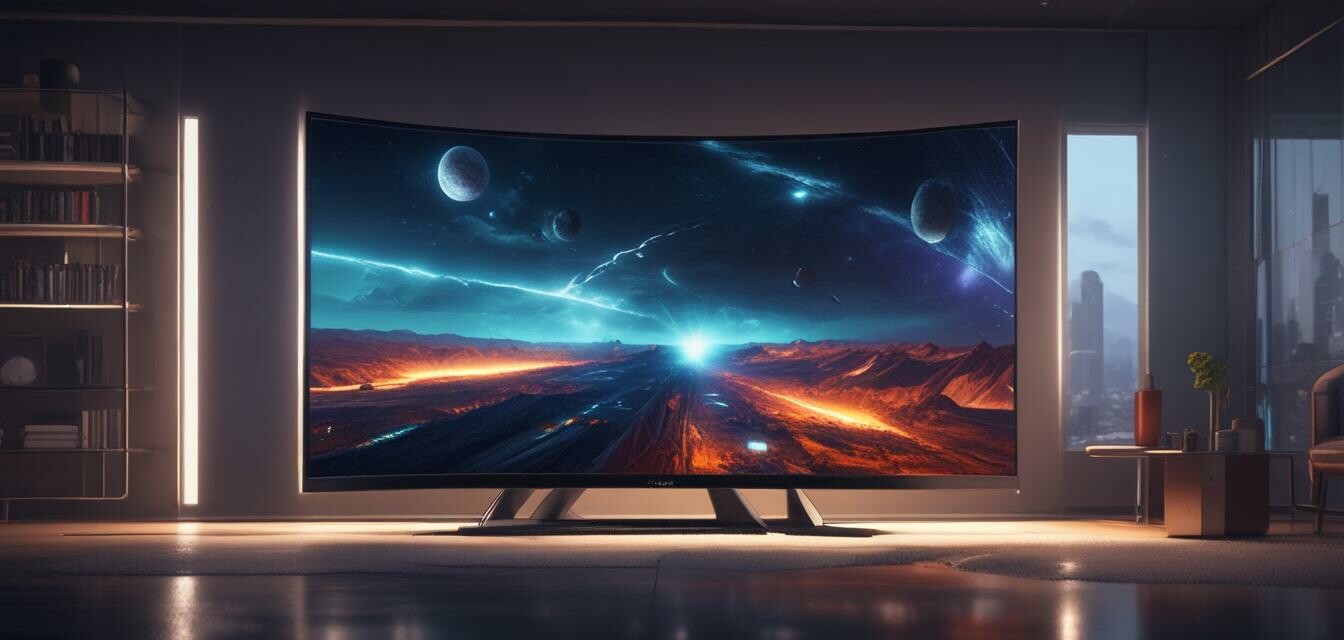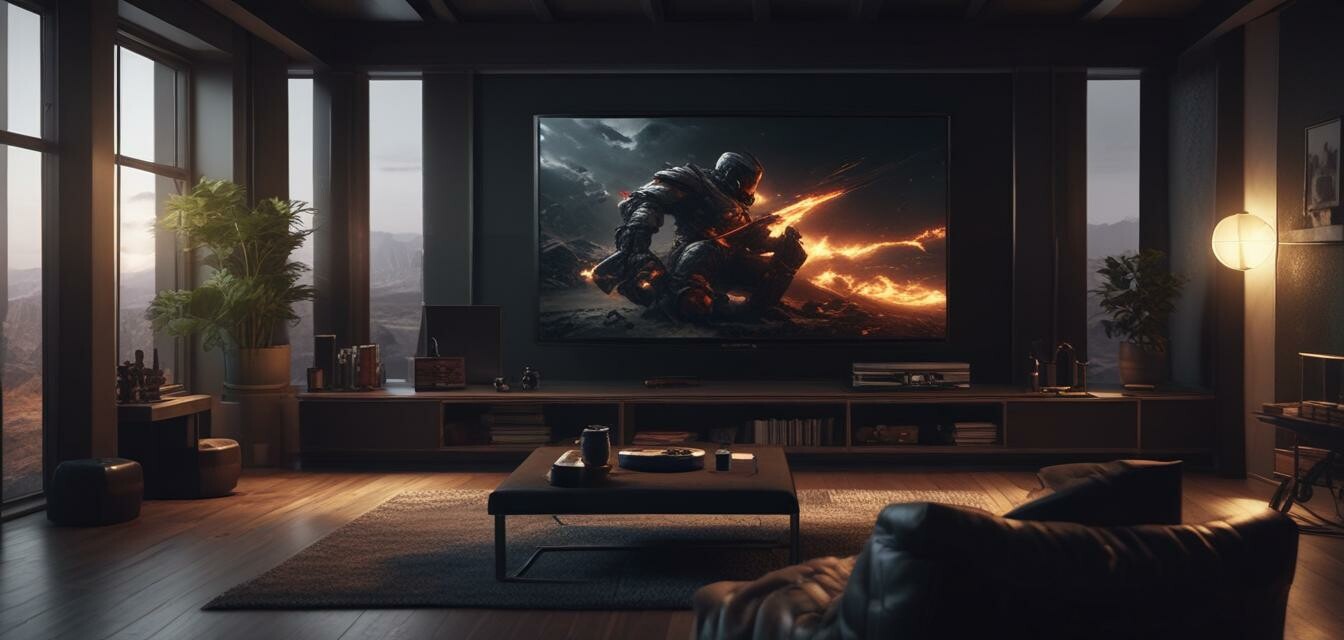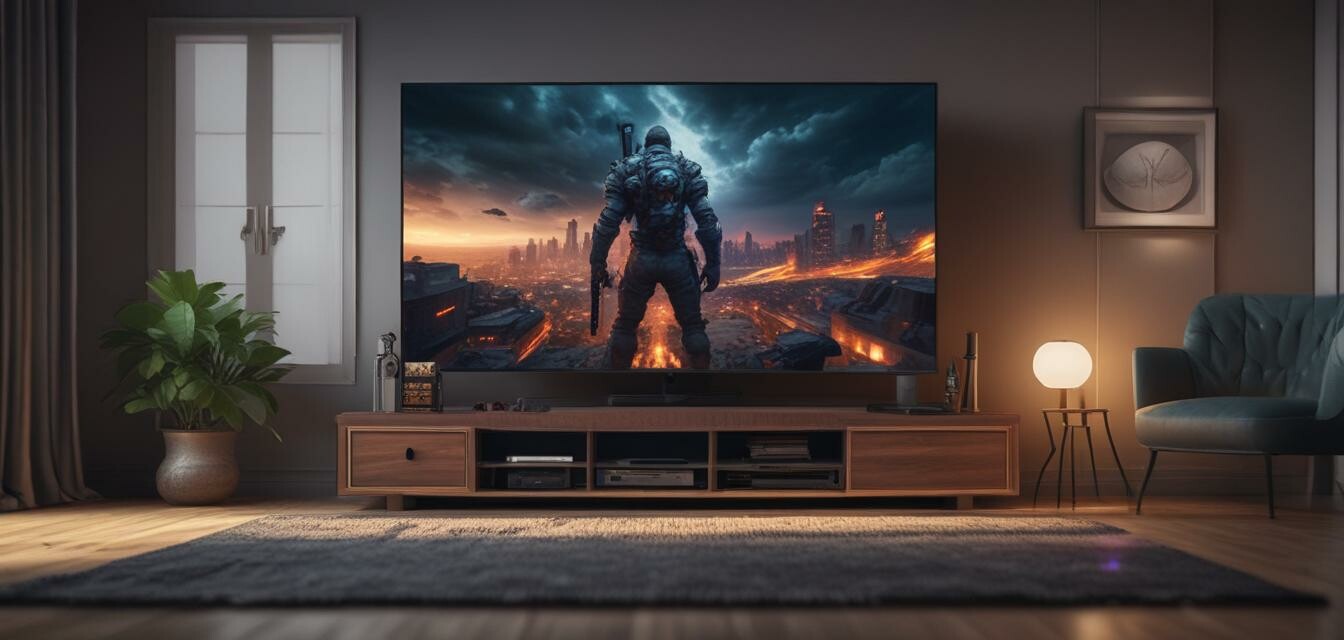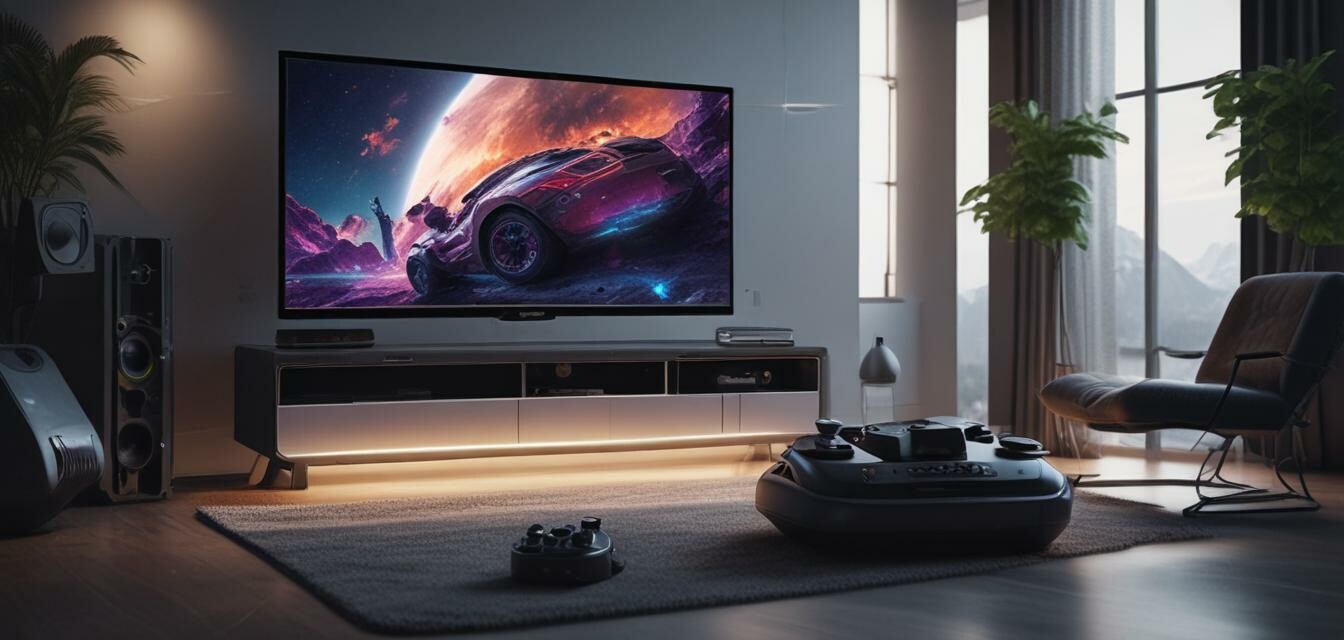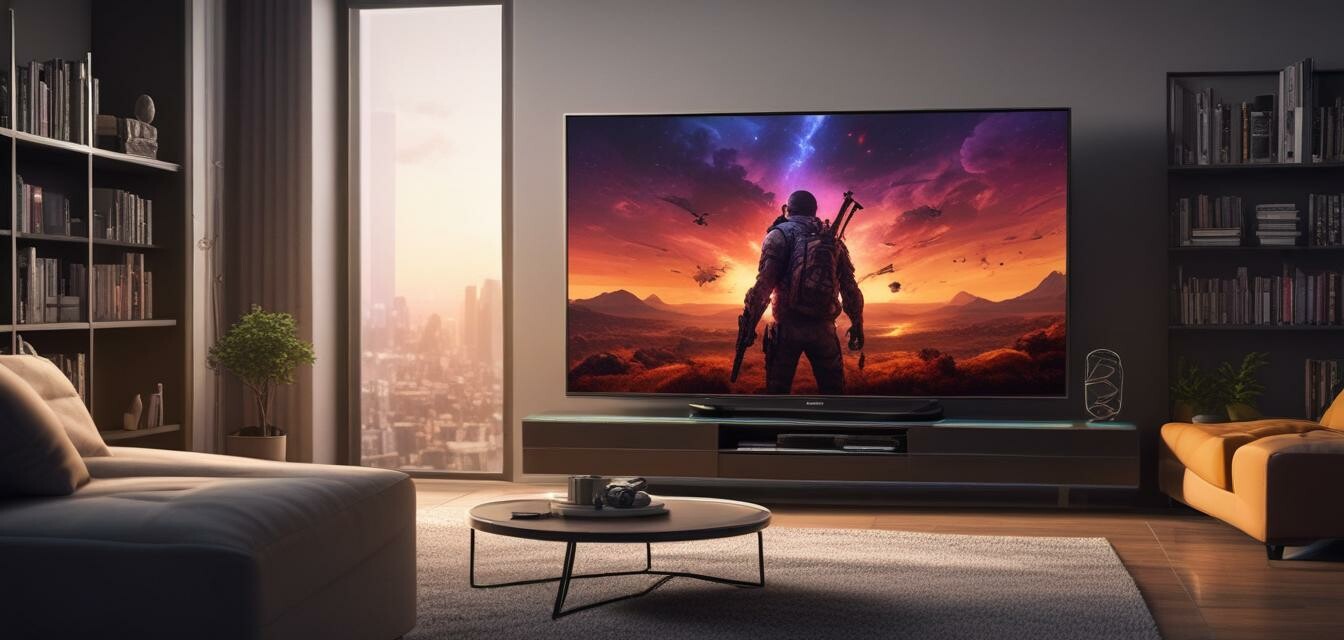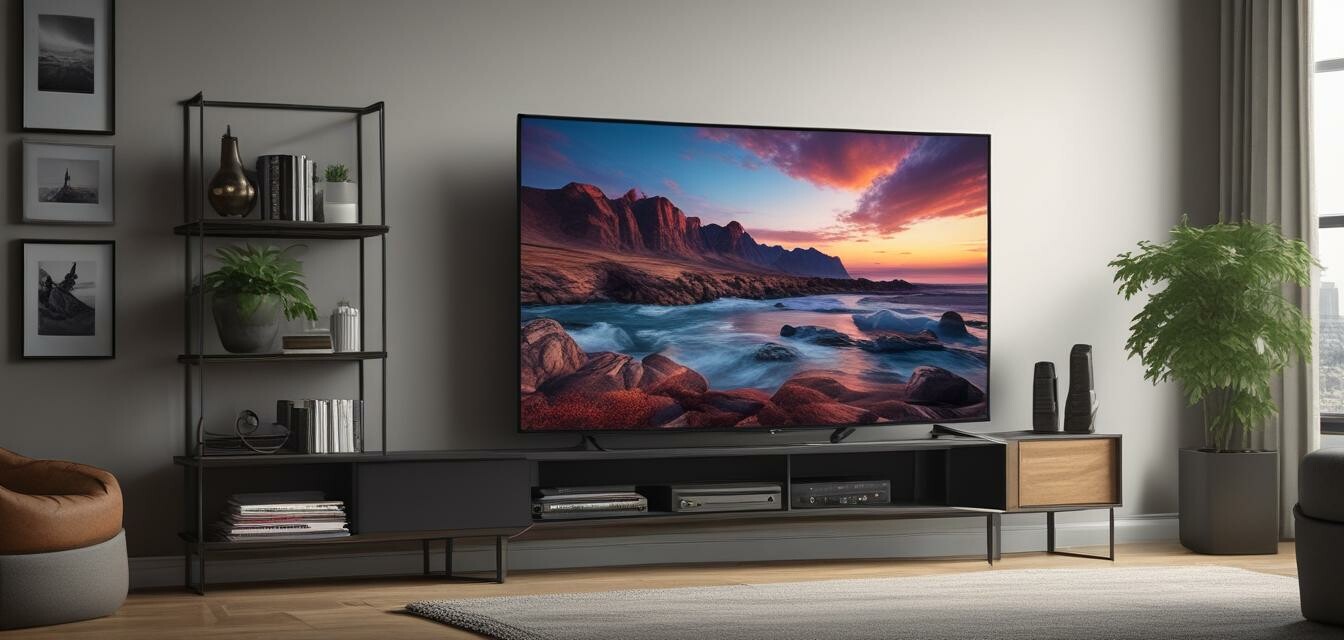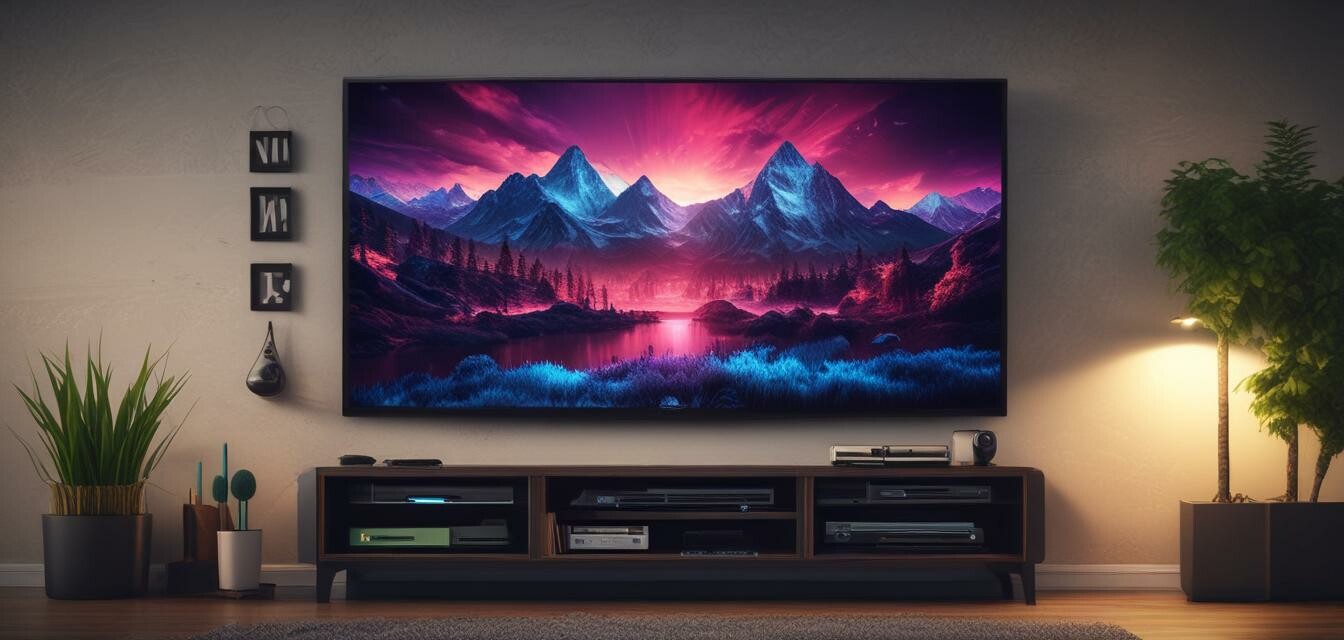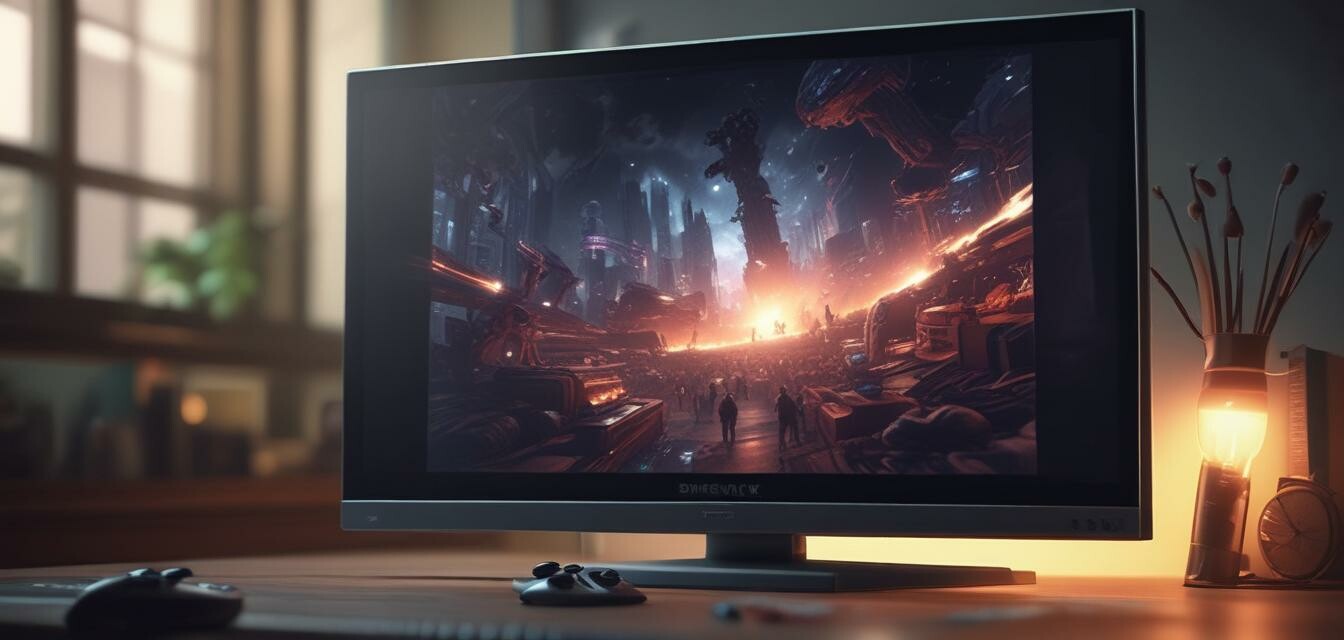
High Refresh Rate TVs: The Secret to Seamless Gaming Experiences
Are you tired of experiencing lag and screen tearing while gaming on your TV? A high refresh rate TV can be the solution to your problems. In this article, we'll dive into the world of high refresh rate TVs, exploring what they are, how they work, and why they're essential for an immersive gaming experience.
Key Takeaways:
- A high refresh rate TV can reduce screen tearing and lag, providing a smoother gaming experience.
- Refresh rates range from 60Hz to 240Hz, with higher rates offering better performance.
- When choosing a high refresh rate TV, consider factors like response time, input lag, and HDMI version.
What is a High Refresh Rate TV?
A high refresh rate TV is a television that can display a higher number of frames per second (FPS) than a standard TV. While a standard TV typically has a refresh rate of 60Hz, high refresh rate TVs can have rates of 120Hz, 144Hz, or even 240Hz. This means that the TV can display more frames in a single second, resulting in a smoother and more responsive gaming experience.
How Do High Refresh Rate TVs Work?
High refresh rate TVs work by using advanced technology to display more frames per second. This is achieved through a combination of hardware and software improvements, including:
| Technology | Description |
|---|---|
| Higher Refresh Rate Panels | Specialized panels that can display more frames per second. |
| Motion Estimation and Compensation | Technology that predicts and compensates for motion blur. |
| Black Frame Insertion | A technique that inserts black frames between regular frames to reduce motion blur. |
Why Do I Need a High Refresh Rate TV for Gaming?
A high refresh rate TV is essential for gaming because it can:
- Reduce screen tearing: Screen tearing occurs when the graphics card renders a frame at a different rate than the TV's refresh rate. A high refresh rate TV can reduce screen tearing, providing a more immersive gaming experience.
- Eliminate lag: High refresh rate TVs can reduce input lag, allowing for faster response times and more accurate gameplay.
- Enhance overall performance: With a higher refresh rate, you'll experience a smoother and more responsive gaming experience, making it easier to stay focused and competitive.
What to Look for When Choosing a High Refresh Rate TV
When selecting a high refresh rate TV, consider the following factors:
| Factor | Description |
|---|---|
| Refresh Rate | Look for TVs with higher refresh rates, such as 120Hz, 144Hz, or 240Hz. |
| Response Time | A lower response time ensures that the TV can keep up with fast-paced action. |
| Input Lag | Opt for TVs with low input lag to reduce the delay between your controller and the screen. |
| HDMI Version | Make sure the TV has the latest HDMI version, such as HDMI 2.1, to support higher refresh rates. |
Conclusion
A high refresh rate TV is a must-have for any serious gamer. By understanding what high refresh rate TVs are, how they work, and what to look for when choosing one, you'll be well on your way to an immersive gaming experience. Remember to consider factors like response time, input lag, and HDMI version to ensure you get the best TV for your gaming needs.
Pros
- Reduced screen tearing and lag
- Enhanced overall performance
- Improved gaming experience
Cons
- Higher cost compared to standard TVs
- May require additional hardware upgrades
- Not all games support high refresh rates
Ready to start your search for the perfect gaming TV? Check out our 4K Gaming TVs, 8K Gaming TVs, and OLED Gaming TVs for top recommendations.
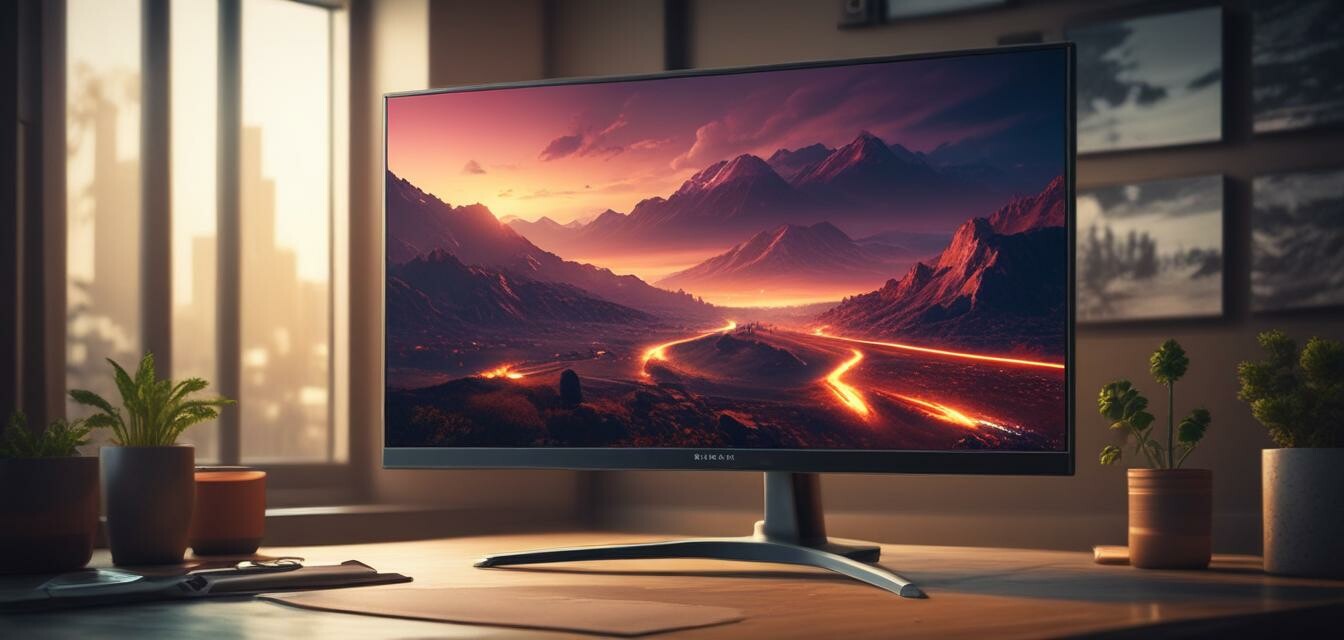
Or, if you're looking for a more affordable option, consider our Gaming Monitors with TV Functionality.
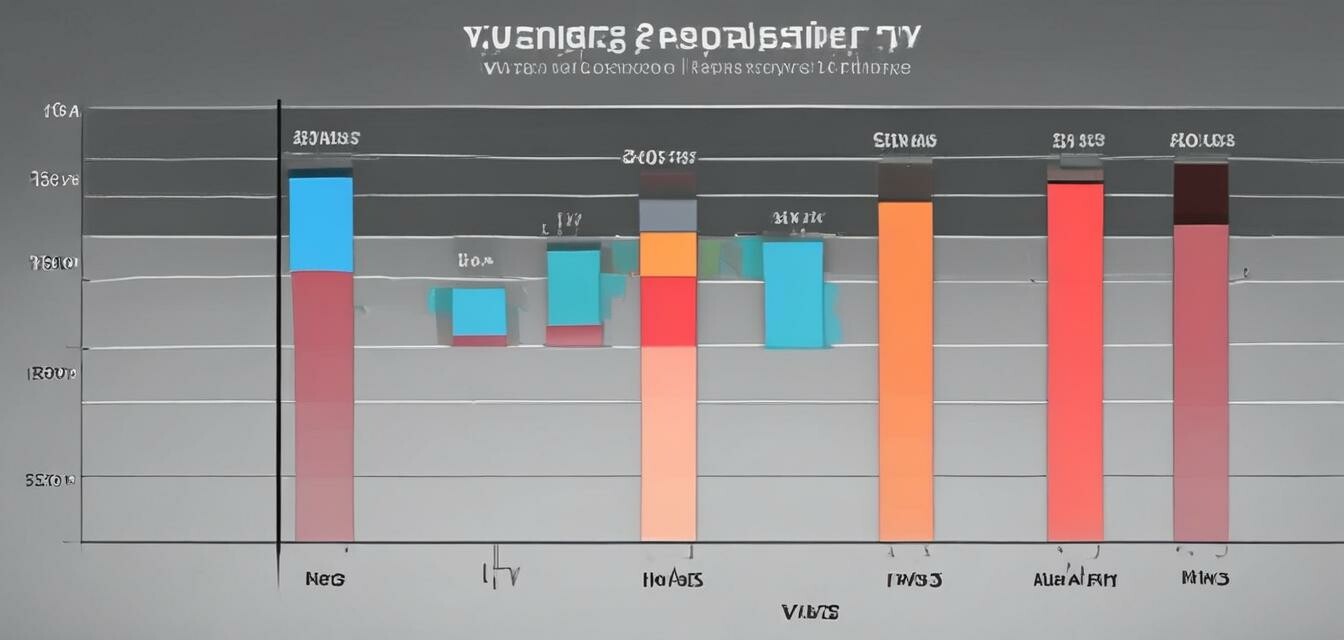
Remember, when it comes to high refresh rate TVs, response time is key. Look for TVs with lower response times for a smoother gaming experience.
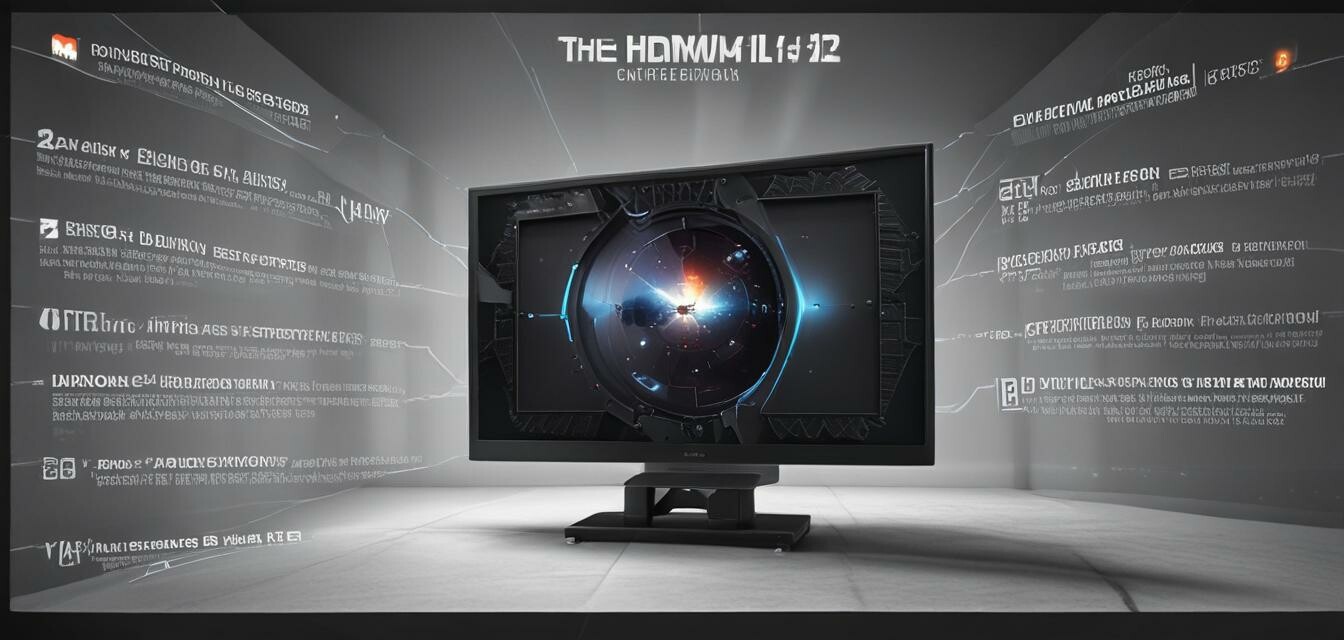
And don't forget to check the HDMI version to ensure you're getting the best possible performance from your TV.

